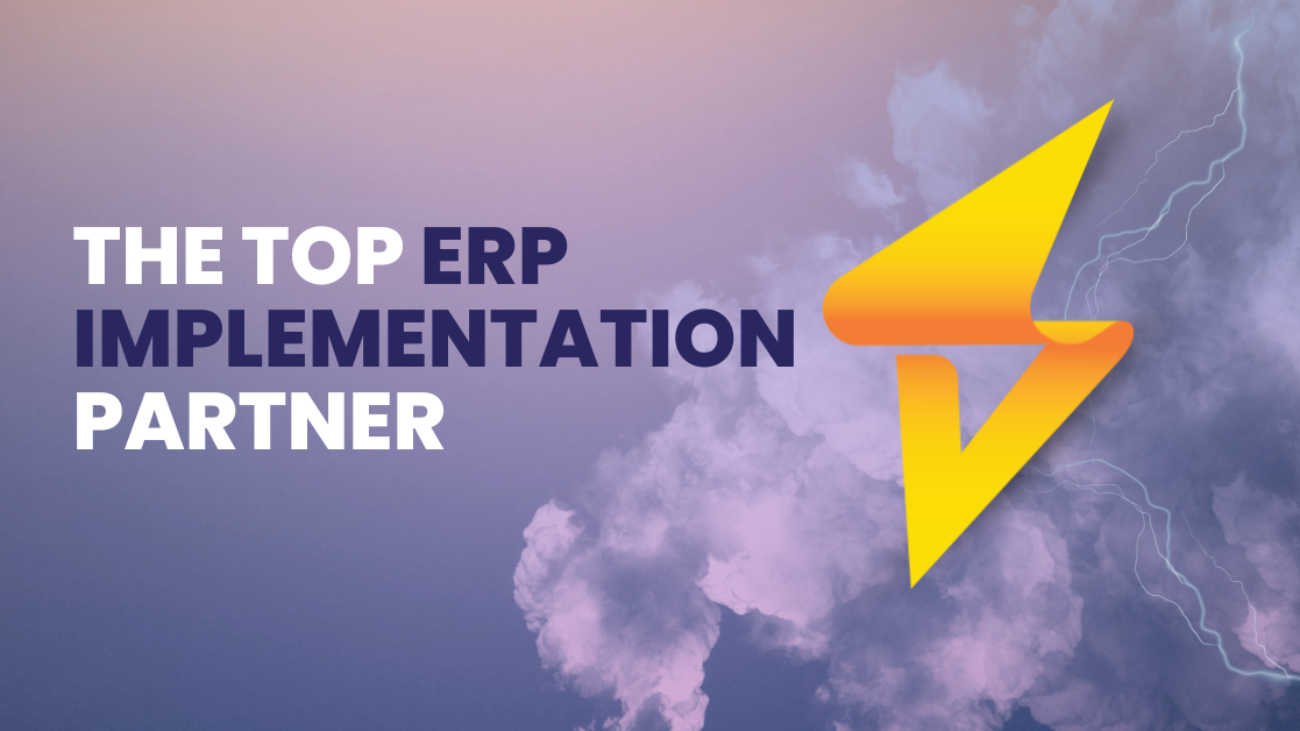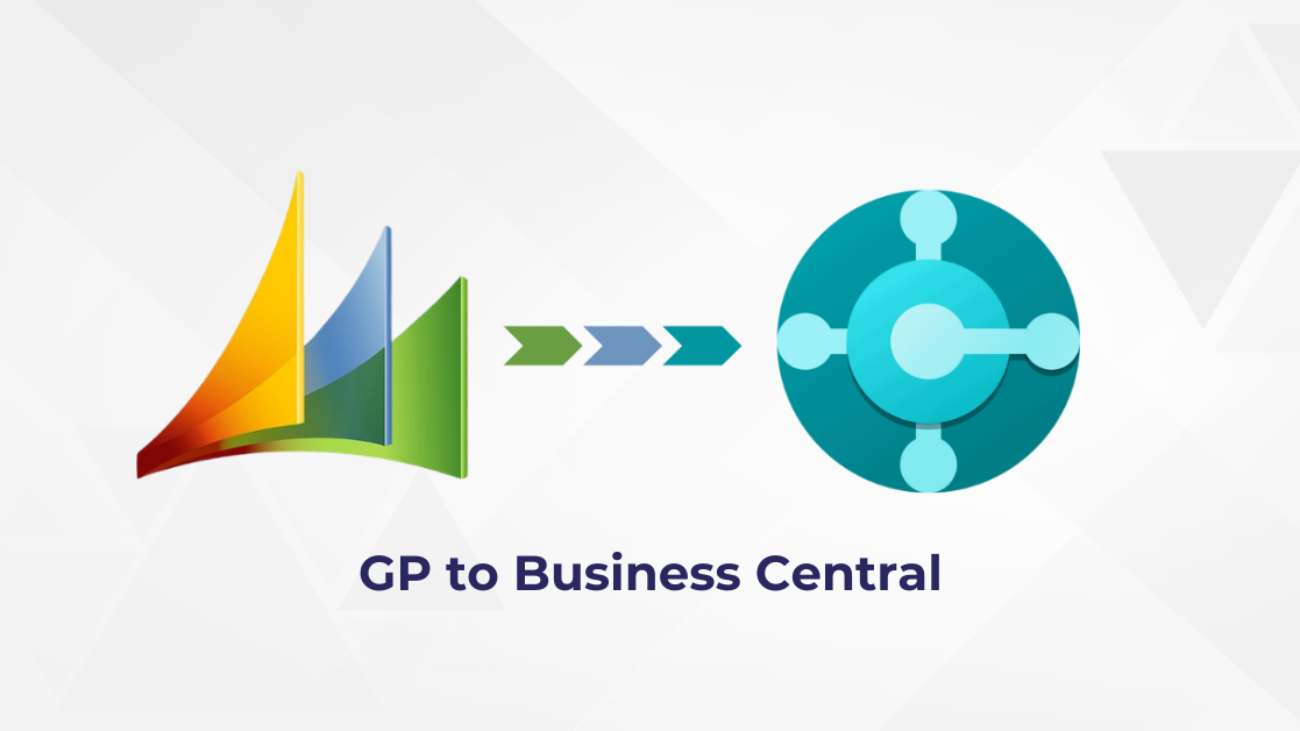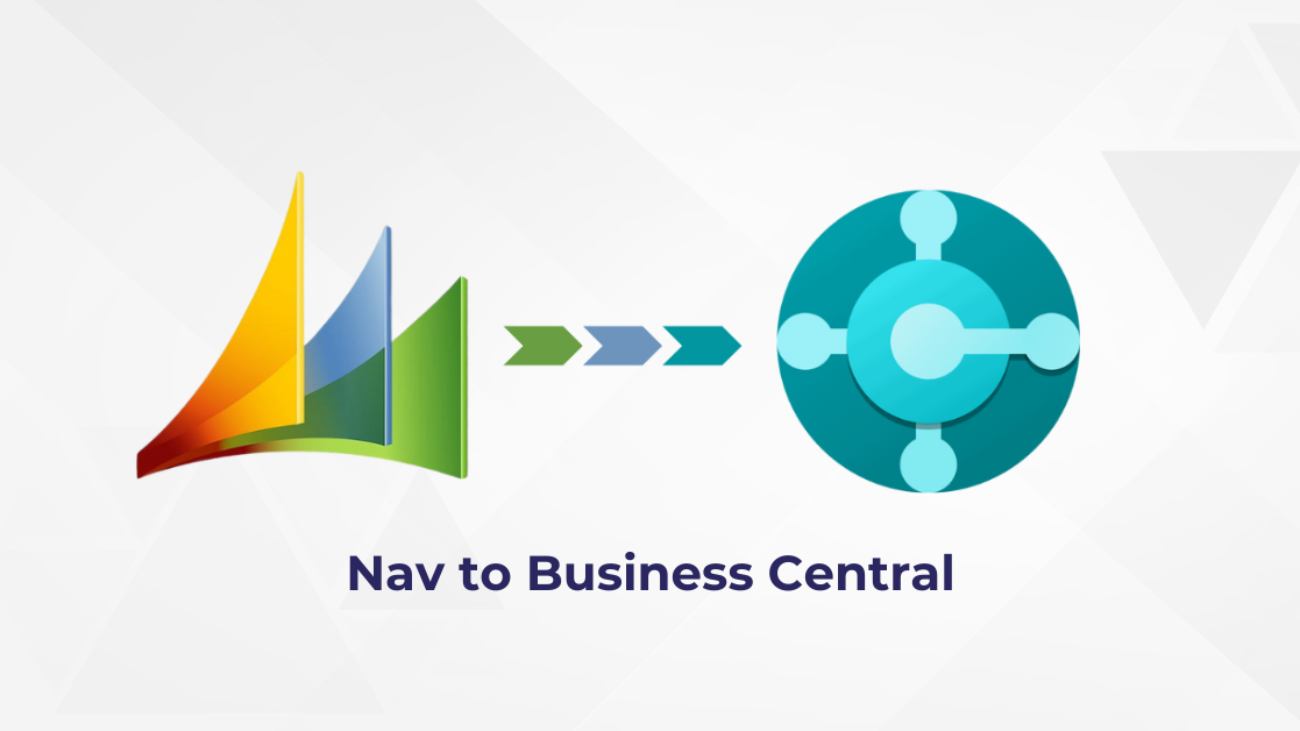In this blog, we will explore what sets Volt Technologies apart from other ERP Implementation Partners, Business Central Partners, and Microsoft Partners, highlighting the critical role of our Solution Leads in ensuring project success.
3 Reasons to Upgrade from Your Legacy ERP Now
This blog will delve into three critical reasons why sticking with your legacy ERP could potentially kill your business within the next five years and why upgrading to a modern ERP solution is essential for your survival and growth.
The Future of Business Central with Microsoft Copilot
In this blog, we’ll explore the future of Business Central, delve deep into its functionality with AI, and examine how Microsoft Copilot will shape its long-term trajectory.
How to Ace Your ERP Implementation Process
This comprehensive guide will provide you with essential tips for a successful ERP implementation process , focusing on three critical areas: data migration, user training, and change management.
Upgrading from Microsoft Great Plains to Dynamics 365 Business Central
As businesses evolve, so must their technology. One significant upgrade on the horizon for many companies is transitioning from Microsoft Great Plains (GP) to Microsoft Dynamics 365 Business Central (D365 BC).
Upgrading from Microsoft NAV to Microsoft Business Central
NAV has served businesses well for many years, but it is now limited to an on-premises version. In contrast, Microsoft Dynamics 365 Business Central has become the comprehensive cloud-based ERP solution that integrated the functionalities of other Microsoft legacy systems, such as NAV, GP, and Solomon.






